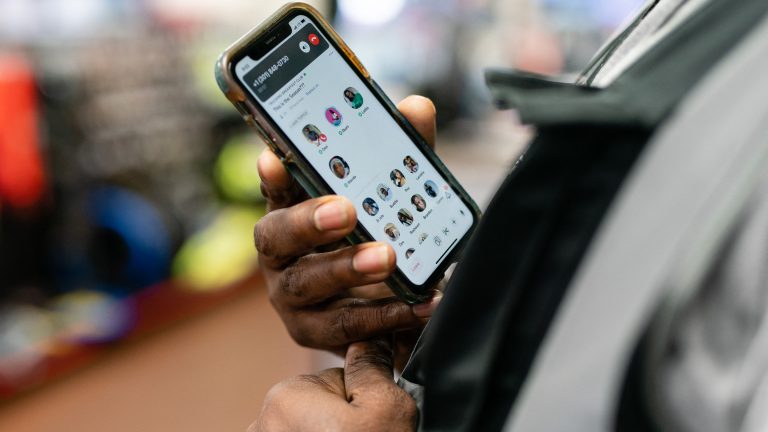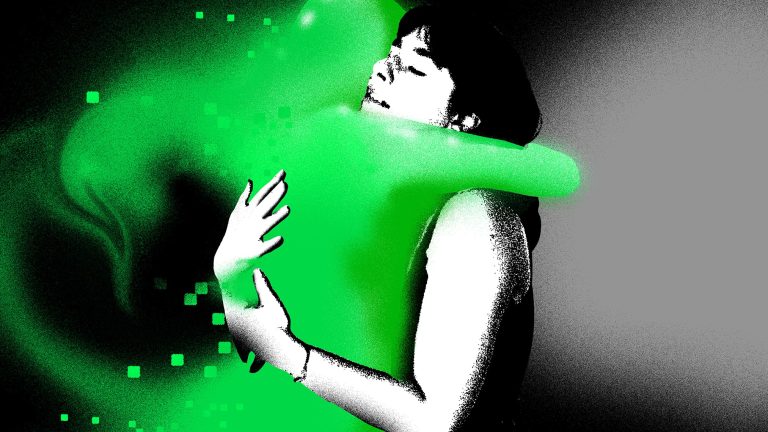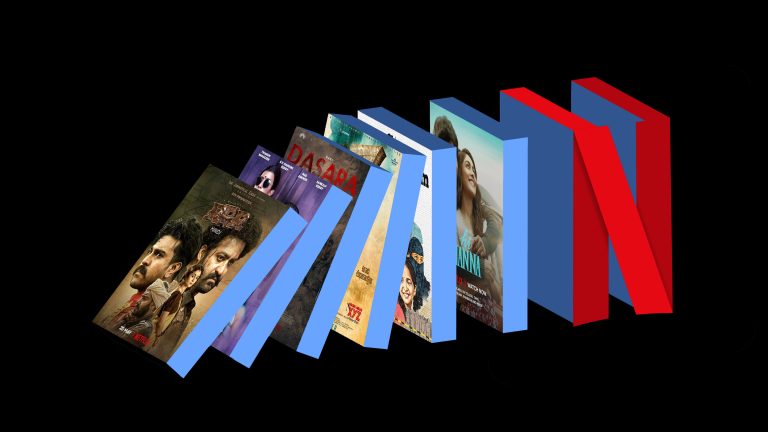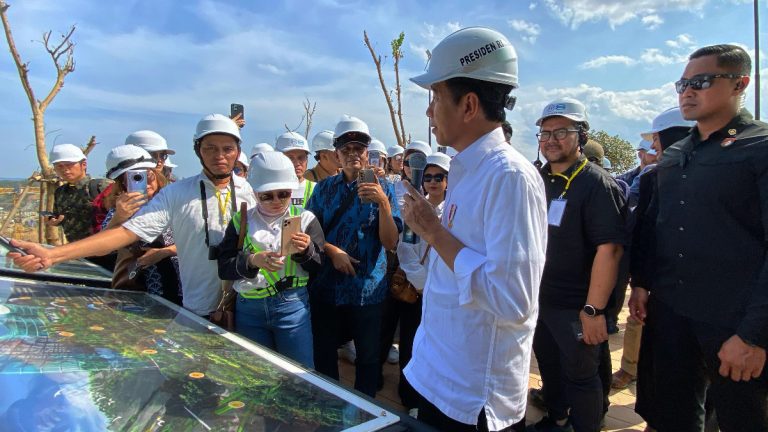The frenzy around voice-based social media platform Clubhouse has settled in recent months, with the app seeing a decline in downloads in some countries facing competition from clone apps and Twitter’s Spaces feature.
But in South Asia, where the app gained popularity in mid-2021 after it launched its Android version, many users have found specific uses for Clubhouse. For instance, in India, a Clubhouse room is dedicated to reciting the Hanuman Chalisa every morning between 8 a.m. and 11 a.m.
Here’s what people in South Asian countries are now using Clubhouse for:
Country: Pakistan
Club: Urdu Poetry
United by their shared love for Urdu poetry, a group of writers from Pakistan and India spends their weekend evenings attending a Bazm-e-Sukhan (poetry assembly), a space where people gather to recite and exchange Urdu literature.
Jointly hosted by poets Atif Ali from Pakistan and Ahmed Mobashir from India, the digital mushaira (poetic symposium) on Clubhouse features various forms of recitals in Urdu literature, including nazms and ghazals (different formats of poems). Over 17,000 people from Pakistan and India follow the club.
The recitals make Urdu literature more accessible, engaging, and comprehensible for young listeners at a time when the language is losing popularity among the younger generation.
“In Pakistan, education is focused on English, and in India, Hindi takes center stage. In between these languages, Urdu is lost somewhere,” Ali told Rest of World. “Our younger generation understands, but doesn’t read Urdu. There is interest, but few avenues that expose young people to Urdu literature. Impromptu conversations on Clubhouse have allowed us to be the avenue.”

Country: Bangladesh
Club: Strategic Talk
In Bangladesh, an independent think tank is using Clubhouse to bring focus to socio-political issues like freedom of speech and women’s empowerment.
The Strategic Talk club, created by the Dhaka-based Bangladesh Institute of Peace & Security Studies (BIPSS), hosts chats for “open and in-depth discussions on security and strategic issues on current topics.” BIPSS is a nonprofit focused on peace and security studies in the region.
On September 4, for instance, Strategic Talk hosted a discussion about “Crisis in Afghanistan – A Perspective from Dhaka,” which was attended by around 250 people.
“Clubhouse, being an audi0-only app, helps us ensure our participants’ privacy. Also, the audio quality of the app is far better than several others,” said Tasnuva Alam Ahona, research intern at BIPSS, who hosts Strategic Talk. “The listeners who join us on Clubhouse are unique and care about the topics we discuss.”

Country: Nepal
Club: NEPSE Chalfaal
NEPSE Chalfaal — NEPSE stands for the Nepal Stock Exchange and Chalfaal means discussion in Nepali — is one of the most-followed clubs on Clubhouse in Nepal. It currently has 47,600 members. Every evening, at around 9 p.m. local time, thousands of people tune into the room to discuss stock market movements.
“During the Covid-19 lockdown, people were cooped inside their homes and didn’t have anything to do. That was the same time when Clubhouse became available on Android phones, which are owned by a significant number of people in Nepal,” Mukti Aryal, a finance expert who regularly speaks in NEPSE Chalfaal, told Rest of World.
NEPSE launched an online trading system in November 2018, allowing people to trade from the comfort of their homes instead of waiting in queues at their brokers. The online trading option gained massive popularity during the lockdown, with the number of Demat accounts in the country growing by 50% between April and November 2021.
“These days, the following [of the club] has waned a bit, but whenever there is a massive fall or rise in the market, the number of listeners picks up drastically,” Aryal said.

Country: India
Club: The Dark Room
The Dark Room, a Clubhouse group in India with 34,800 members, focuses on “conversations no one else was having.” Run by journalist and cultural commentator Aishwarya Subramanyam and creative and content director Santu Misra, the group has covered a range of topics, from being fat in fashion to why non-resident Indians are tacky, with no worries about taboos or censorious ears. The Dark Room’s conversation on anilingus in May 2021 created such a buzz that even Twitter was talking about the sexual act for a few days.
“Clubhouse is liberating. Finally, there’s a social media platform where you could really be yourself and without worrying about filters,” Subramanyam said. “The fact that it is just audio and so momentary really allows people to be freer.”
The group has, though, seen a drop in participation since lockdowns ended and life got back to normal, Subramanyam said. Clubhouse will have to “find its place in people’s lives afresh.” Subramanyam said that she hopes “there will always be space for an audio platform because it really is such a refreshing change from the constant focus on imagery and video.”

Country: Sri Lanka
Club: Api Nodannda Adahili Kalli
Api Nodannda Adahili Kalli (translating to “cults” in Sinhala) holds weekly conversations to discuss different psychology-based topics. These conversations are conducted in Sinhala, and are hosted by qualified counselors and social workers. A typical session hosted by this club includes attendees sharing their experiences and personal stories of mental, drug, or sexual abuse. Listening to these real-life experiences will help other members identify various psycho-social behaviors and seek professional help if they require it, which is the club’s aim.
Also, given that mental health is a taboo subject for many people in the country, and much of the information available on the topic is in English, groups like Api Nodannda Adahili Kalli can help break barriers and reach people who aren’t otherwise able to receive information. “By hosting these discussions, we try to reduce the social stigma related to mental health in our society,” Api Nodannda Adahili Kalli’s admin Prasad Jayasinghe told Rest of World. “We also talk about various social, political, and religious cults that are prevalent in Sri Lanka.”




